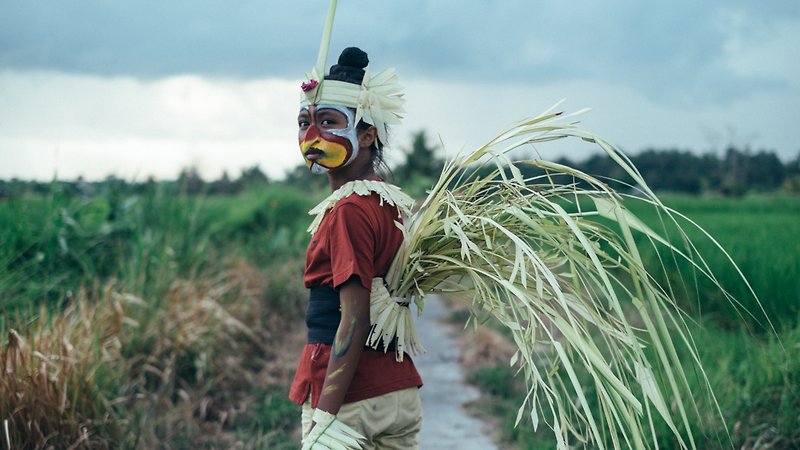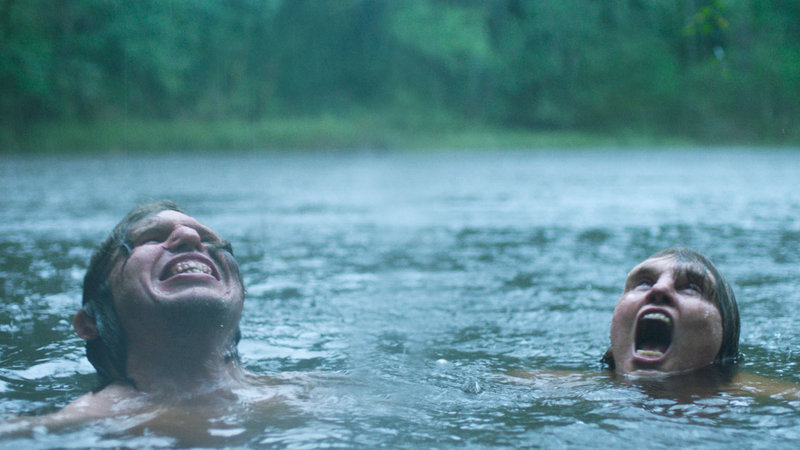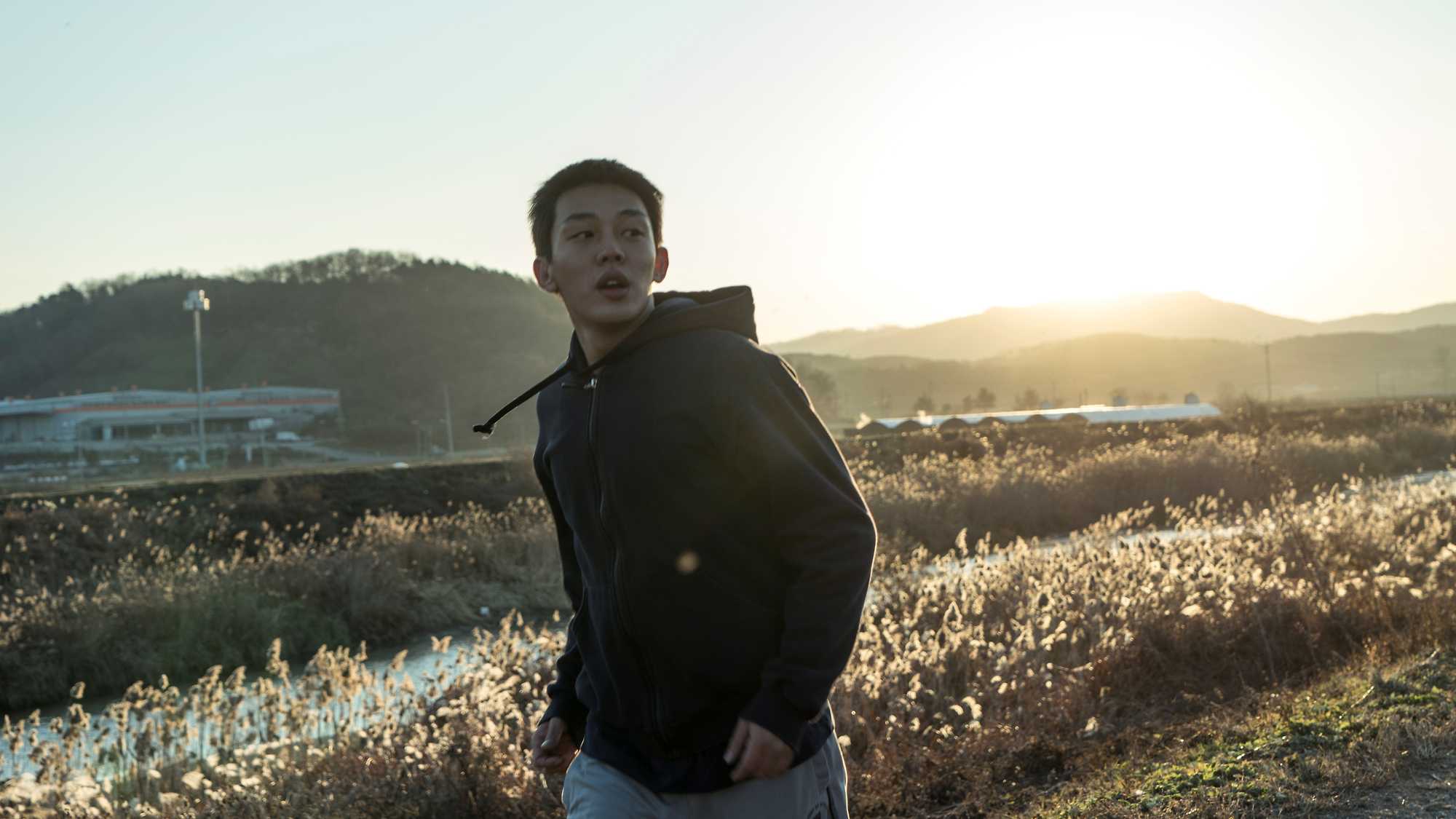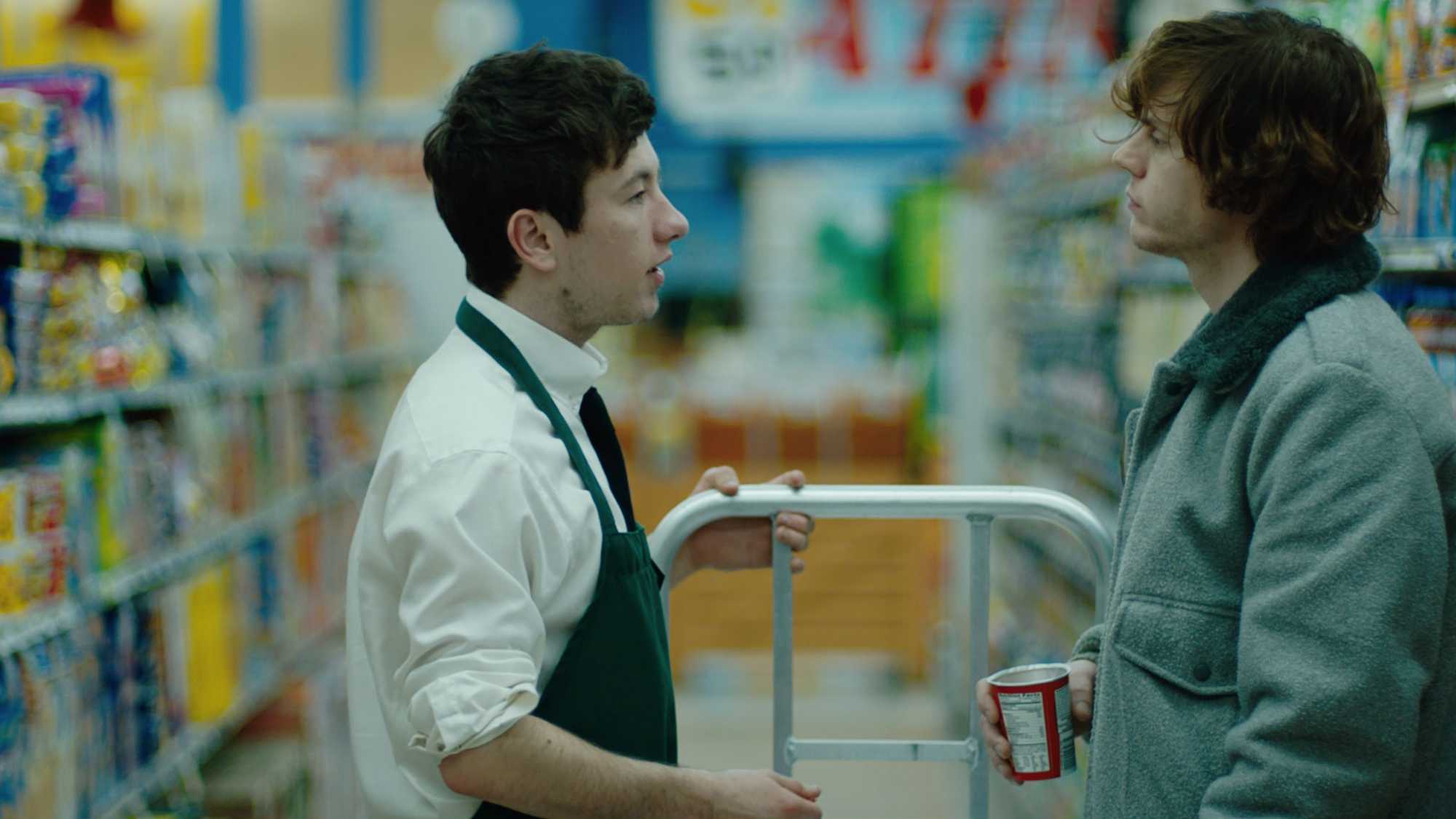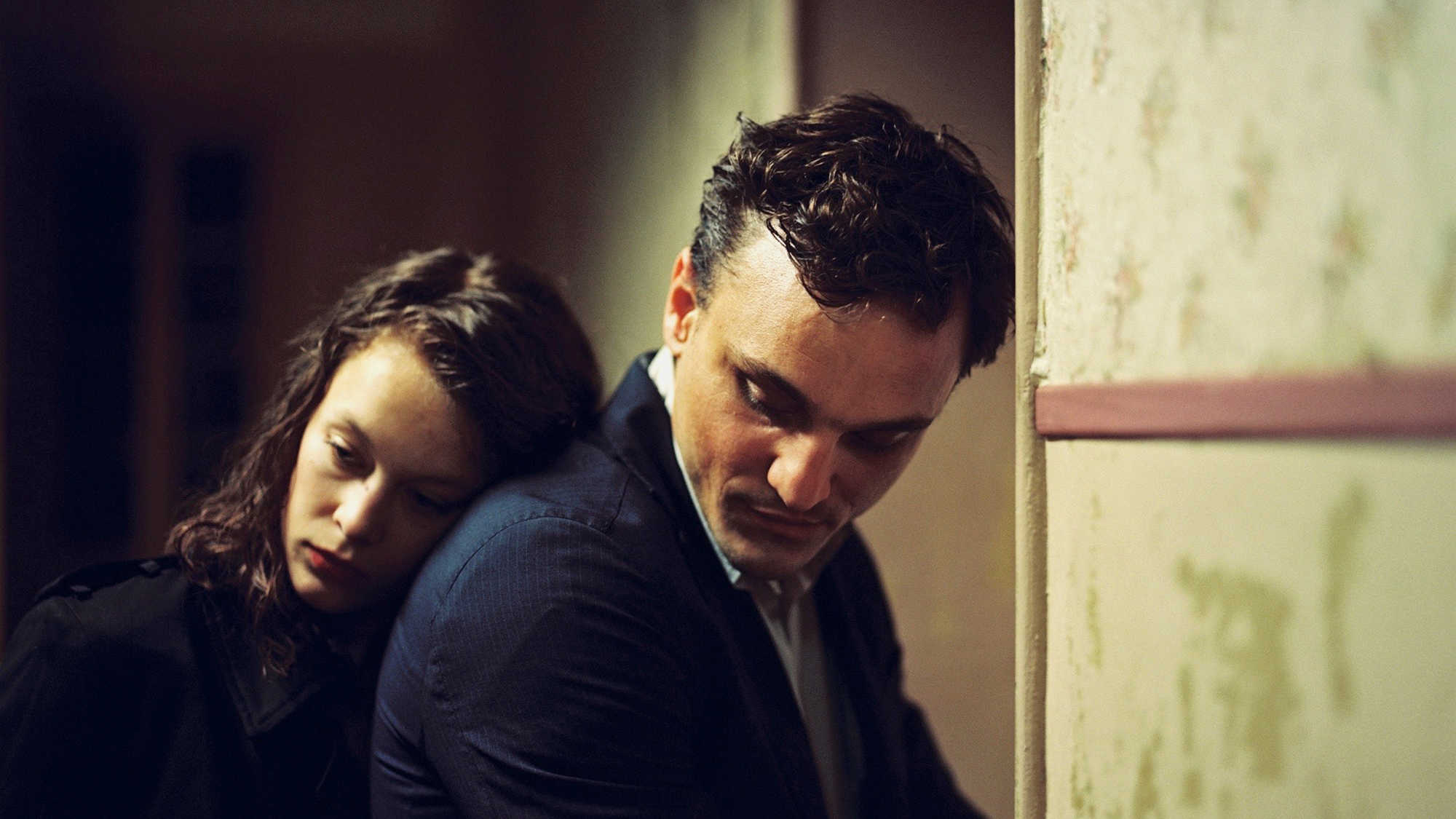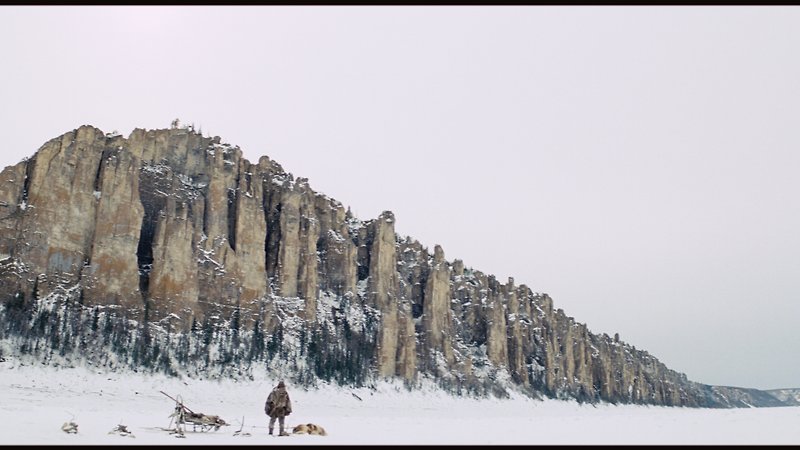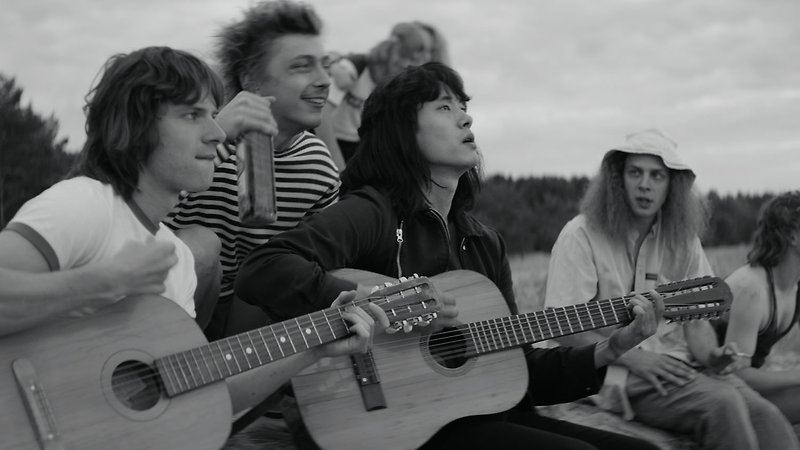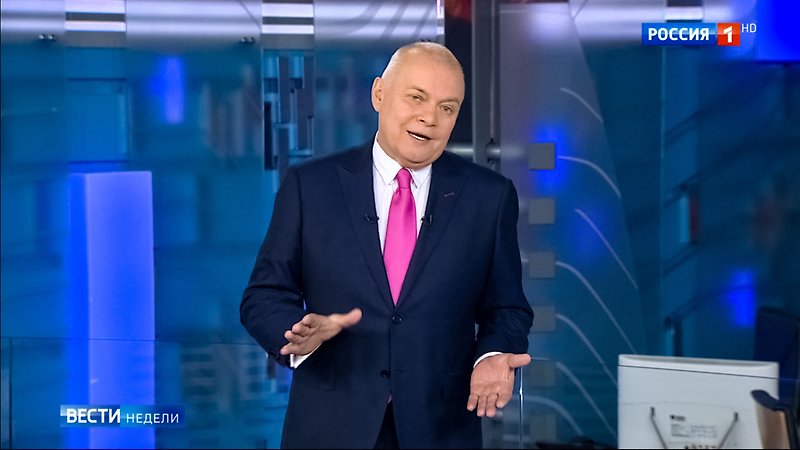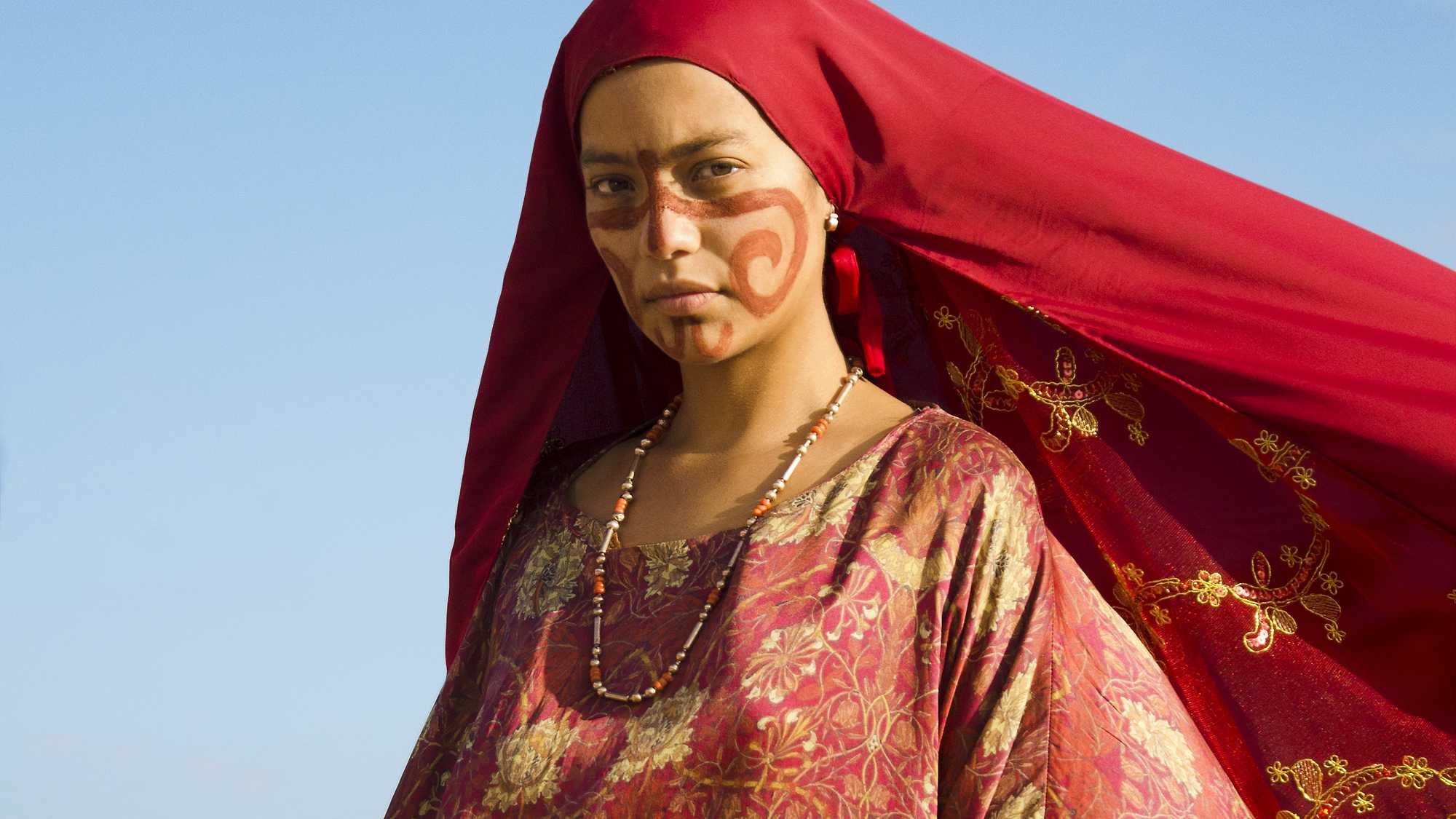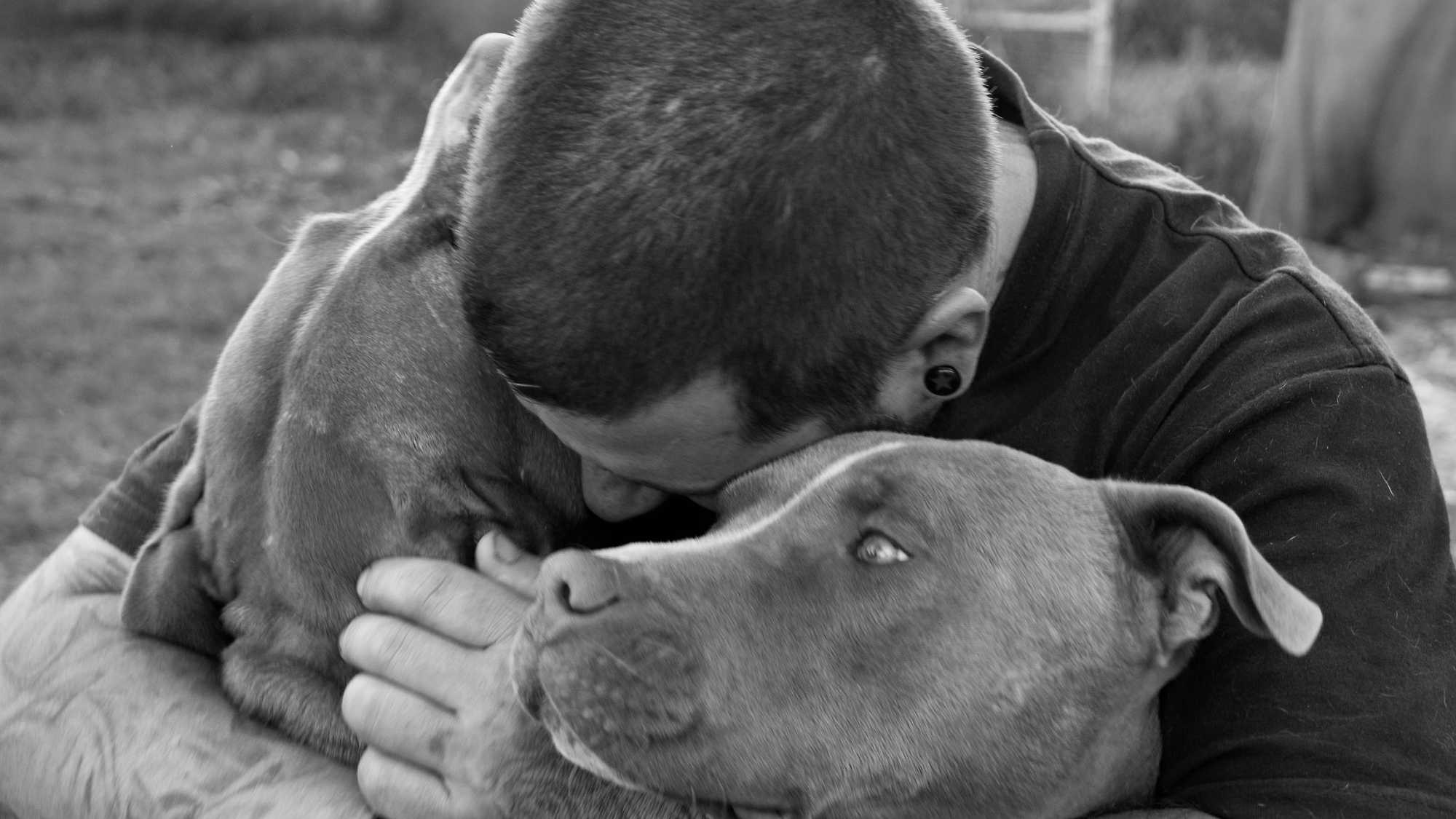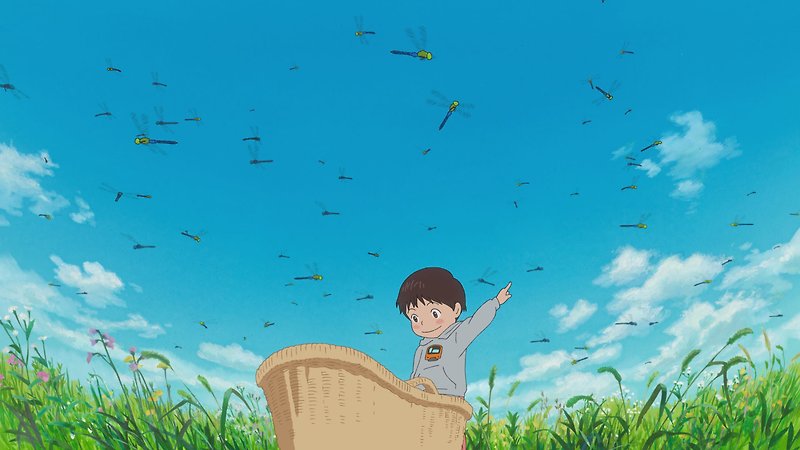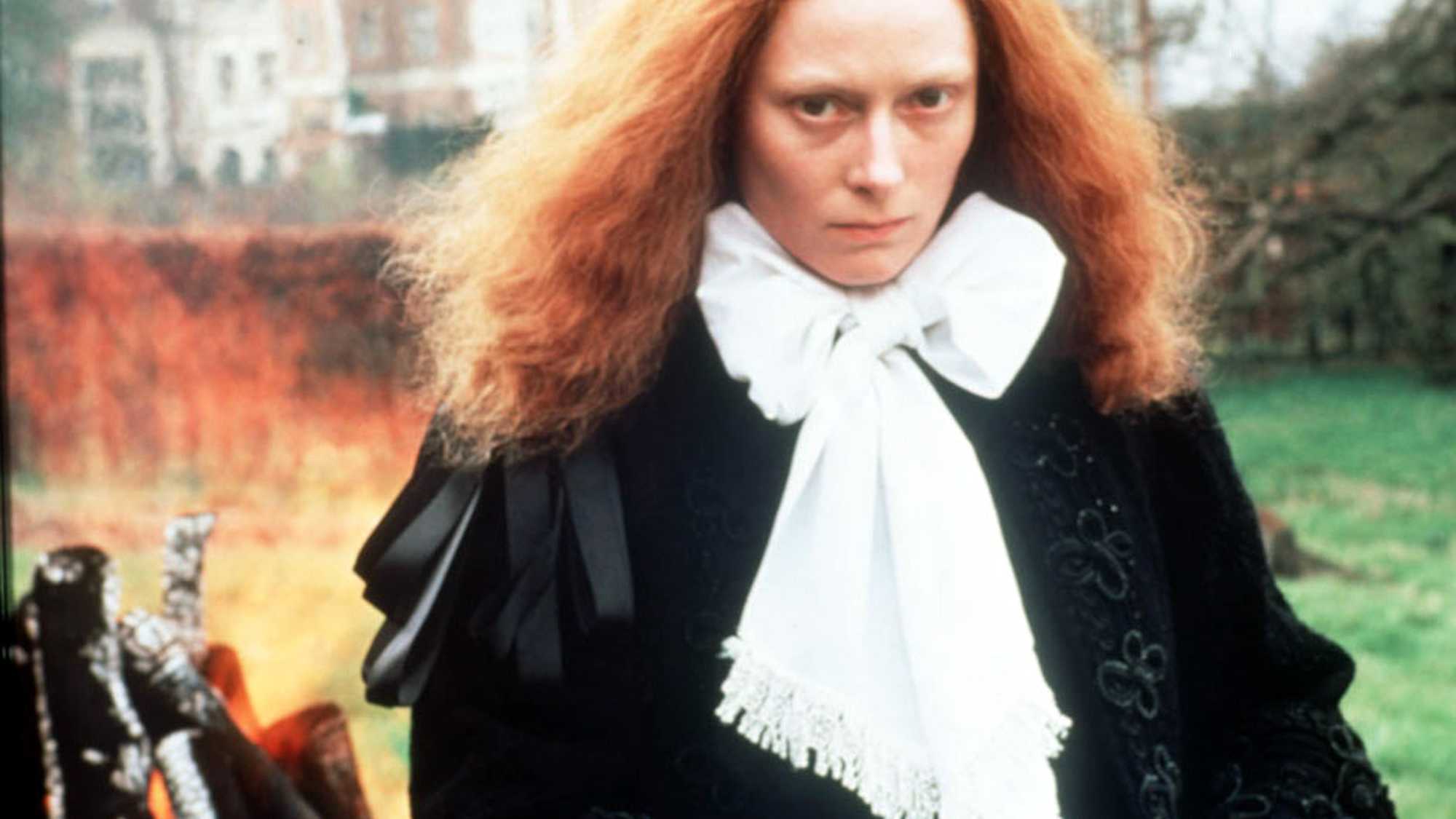
ORLANDO is quite a spectacular romp through 400 years of English history with Tilda Swinton as our tour guide. She plays Orlando, a soft-faced young man who the queen loves enough to give him an estate, on condition that he never grow old. So he does not.
The costumes and the settings are lavish and the clearest indication of what historical period we are in, because Orlando tends to go against the grain of each period, pursuing his interests with utter passion and determination until he is struck by failure and moves on.
It is theatrical but also so cinematic, what other medium could facilitate such an extravagant and unlikely a concept? But it is Tilda Swinton who holds it all together with her dignified performance, wearing the costumes and moving through the moods as if it's all normal, staring at us through the camera when it surprises even her/Orlando.
I came out of this film uplifted with the clever and light-hearted delight of a long life, carrying around 400 years of baggage, and letting it all go to pursue a new life in a new time. Our greatest power, after being able to experience life intensely, is to let it all go and move on, ever-changing, ever-evolving, ever-growing creatures that we are. Funny, spectacular and utterly delightful.

